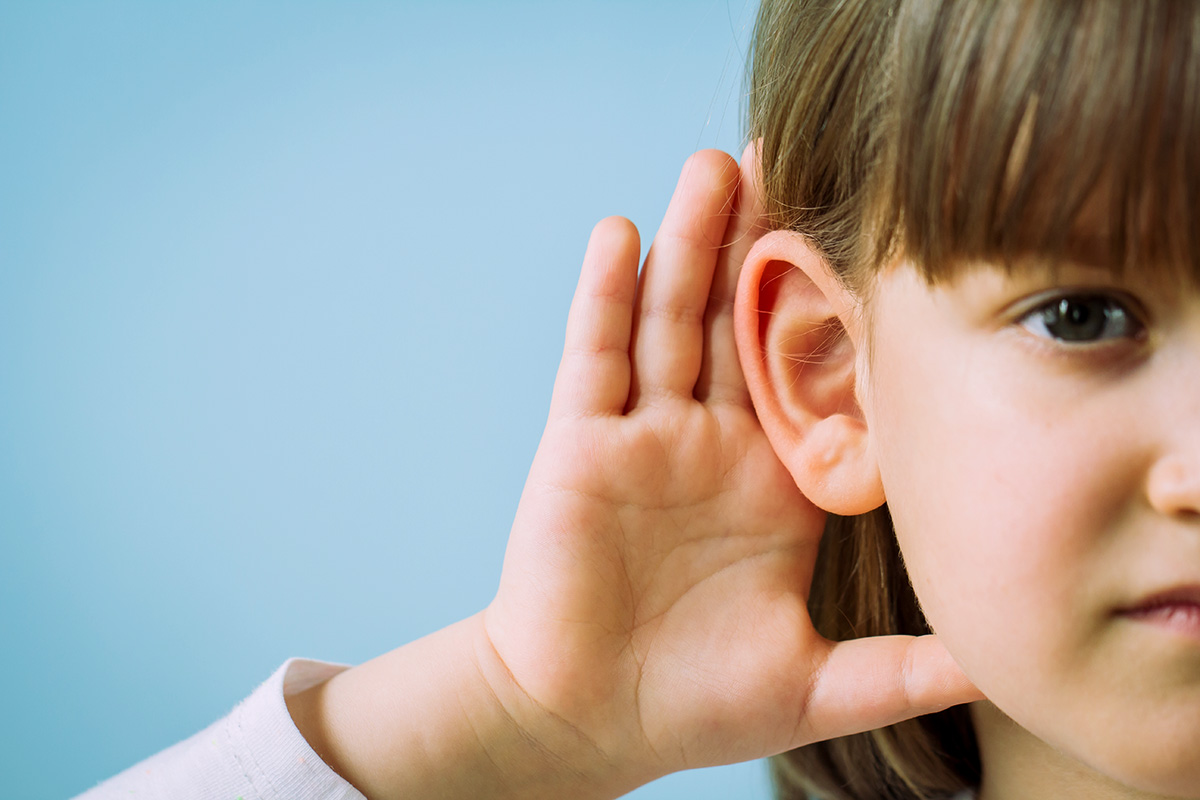

Understanding Auditory Fatigue: Causes, Symptoms, And Solutions
Auditory fatigue is a phenomenon that many people experience but few understand. It refers to the temporary decrease in hearing sensitivity and auditory processing ability after prolonged exposure to sound. Whether it's due to a loud concert, a busy workplace, or even the constant hum of everyday life, our ears can become overwhelmed. This can lead to discomfort, a sensation of fullness in the ears, and even temporary hearing loss. In today's fast-paced world, where sound is an omnipresent part of our environment, understanding auditory fatigue is crucial for maintaining our auditory health.
As we navigate through various soundscapes, it is essential to recognize the signs of auditory fatigue. Many individuals may dismiss the symptoms as mere tiredness or stress, overlooking the impact that sound exposure can have on their well-being. This lack of awareness can lead to long-term consequences, including permanent hearing damage. In this article, we will explore the intricate relationship between sound and our auditory systems, shedding light on the causes and effects of auditory fatigue.
Moreover, knowing how to combat auditory fatigue is vital for anyone who regularly finds themselves in noisy environments. Whether you are a musician, a factory worker, or simply someone who enjoys attending events with loud music, understanding the importance of auditory rest and protective measures can significantly improve your quality of life. Join us as we delve into the world of auditory fatigue and discover effective strategies to safeguard our hearing.
What Are the Symptoms of Auditory Fatigue?
Auditory fatigue can manifest through various symptoms, which may differ from person to person. Common signs include:
- Difficulty understanding speech, especially in noisy environments.
- Increased sensitivity to sounds.
- A feeling of pressure or fullness in the ears.
- Temporary hearing loss or a decrease in sound perception.
- Tinnitus, or ringing in the ears.
How Does Auditory Fatigue Occur?
Auditory fatigue occurs when the auditory system is overstimulated. This can happen in various situations:
- Extended exposure to loud noises, such as concerts or construction sites.
- Working in environments with constant background noise.
- Listening to music at high volumes for prolonged periods.
When the auditory system is taxed, the hair cells in the cochlea can become fatigued, leading to a temporary decrease in hearing sensitivity.
Can Auditory Fatigue Lead to Permanent Hearing Loss?
While auditory fatigue itself is usually temporary, repeated exposure to loud sounds can cause permanent damage to the auditory system. Over time, continuous stress on the hair cells can lead to irreversible hearing loss. It is crucial to be mindful of sound levels and take preventive measures to protect your hearing.
What Are Effective Strategies to Reduce Auditory Fatigue?
To combat auditory fatigue, consider implementing the following strategies:
- Take regular breaks from noisy environments.
- Use ear protection, such as earplugs or noise-canceling headphones.
- Practice good listening habits, like lowering the volume when listening to music.
- Engage in sound therapy or relaxation techniques to help your ears recover.
How Can Rest Help with Auditory Fatigue?
Just as our bodies need rest after physical exertion, our ears require recovery time after exposure to sound. Allowing your auditory system to rest can significantly reduce the risk of auditory fatigue. Here are some tips for effective auditory rest:
- Avoid noisy environments whenever possible.
- Spend time in quiet areas to allow your ears to recover.
- Incorporate sound-free moments into your daily routine.
Who Is Most at Risk for Auditory Fatigue?
Certain groups of people may be more susceptible to auditory fatigue. These include:
- Musicians and sound engineers who are frequently exposed to loud music.
- Construction workers and factory employees who work in noisy environments.
- Individuals with existing hearing issues or sensitivities.
Can Auditory Fatigue Be Prevented?
Prevention is key when it comes to auditory fatigue. Here are some practical steps to minimize the risk:
- Limit exposure to loud noises and take breaks when needed.
- Wear protective gear, especially in high-noise workplaces.
- Educate yourself about the importance of hearing conservation.
What Should You Do If You Experience Auditory Fatigue?
If you find yourself experiencing symptoms of auditory fatigue, it's essential to take action:
- Remove yourself from the noisy environment and allow your ears to rest.
- Consult a healthcare professional if symptoms persist or worsen.
- Consider visiting an audiologist for a hearing assessment.
Conclusion: The Importance of Understanding Auditory Fatigue
Auditory fatigue is a common yet often overlooked issue that can significantly impact our quality of life. By understanding its symptoms, causes, and preventive measures, we can better protect our hearing and ensure that we enjoy a lifetime of sound without the burden of auditory fatigue. Remember, your ears deserve care and attention just like any other part of your body. Prioritize your auditory health, and take the necessary steps to minimize the risks associated with prolonged sound exposure.
Discovering The Vibrant Nightlife At Bar Bridgewater NJ
Understanding The Concept Of "Is Ranked Out In MW3"
Exploring The Enigma Of Tonka_Kryga


